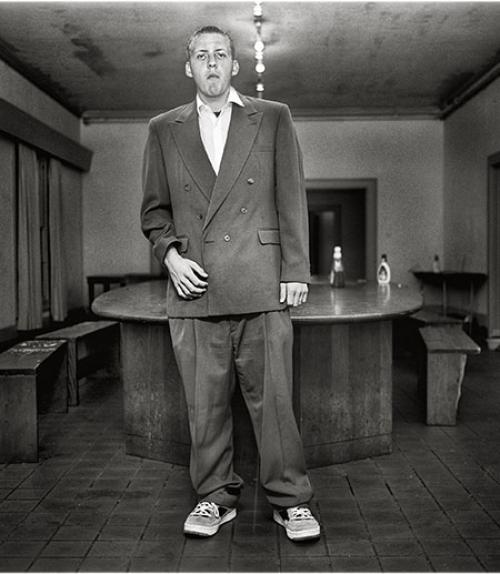
Art book reveals inner world of ‘The American Fraternity’
The black, faux-leather book cover declares “The American Fraternity,” and nothing else. The title page reads only “Ritual of Initiation.”
 Department Homepage
The College of Arts & Sciences
Department Homepage
The College of Arts & Sciences

The black, faux-leather book cover declares “The American Fraternity,” and nothing else. The title page reads only “Ritual of Initiation.”

Iftikhar Dadi, associate professor of history of art, has received a $238,000 grant from the Getty Foundation's Connecting Art Histories initiative for a series of research seminars. The project, “Connecting Modern Art Histories in and across Africa, South and Southeast Asia,” is a collaboration between Cornell’s Institute of Comparative Modernities (ICM), the Dhaka Art Summit in Bangladesh, and Asia Art Archives in Hong Kong.
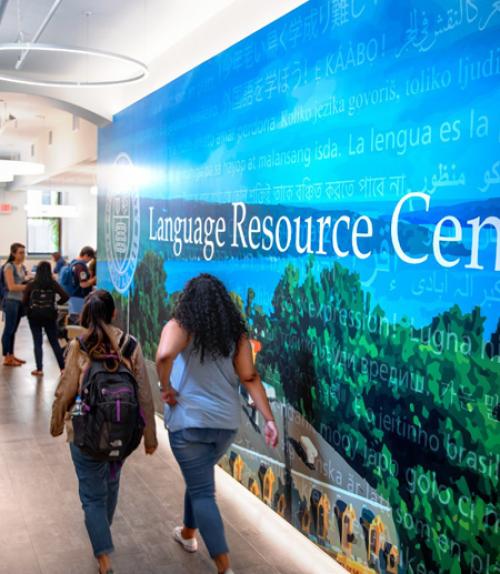
A new season of podcasts from the Language Resource Center (LRC) celebrates 2019 as the United Nations International Year of Indigenous Languages. The global celebration kicked off with a seminar in New York City Feb. 1, showcasing the world’s ancient tongues and highlighting the need to conserve, revitalize and promote them.
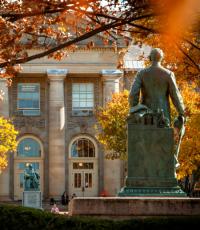
Bollywood director Nandita Das brings her breakout 2018 film “Manto,” the story of maverick writer Saadat Hasan Manto during the Partition of India, to Cornell on Thursday, March 14.
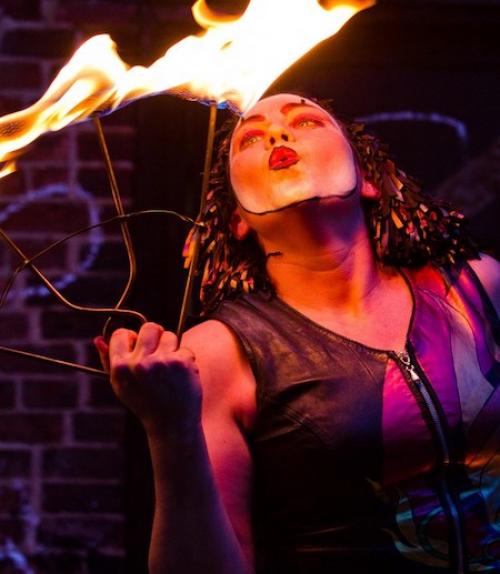
The history of feminist performance is one of radical storytelling, of showing how the personal is political, and of carving out spaces in which women can feel, in the words of performance artist Holly Hughes, “at last, fully human.”An interdisciplinary symposium at Cornell March 15-16 will explore what this history can teach us about the future of feminism, and how we can use performance to reflect the changes we want to see.

Twelve graduate students will spend this year refining their dissertation plans and testing the waters of global research, with help from faculty mentors and intensive workshops, in the Einaudi-SSRC Dissertation Proposal Development Program.

86 Cornell graduate students have been awarded travel grants from the Mario Einaudi Center for International Studies for the 2019-20 academic year.
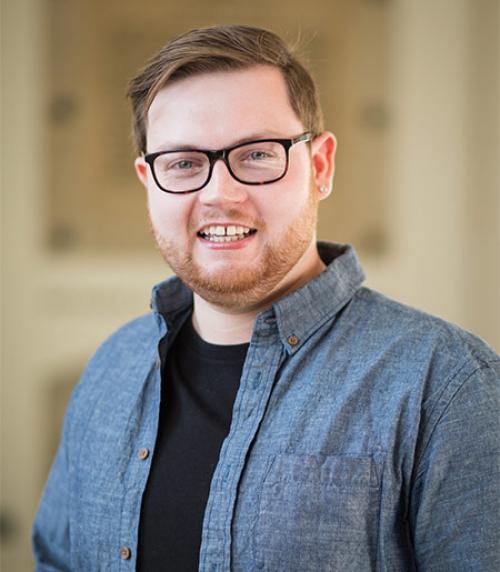
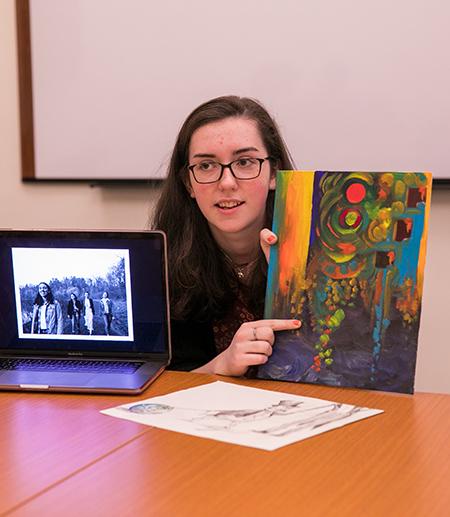
Over the course of the semester, “Thinking Media” drew on Cornell’s rich holdings in media and material culture.
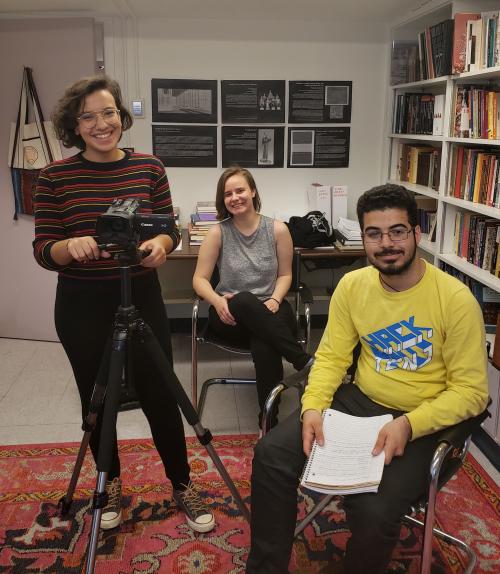
While students from affluent school districts are often treated to field trips to museums or AP courses in art history, the same experiences aren’t always available to youth from low-income districts. This unequal access has prompted a new initiative developed by Ananda Cohen-Aponte, associate professor in the history of art department in the College of Arts & Sciences.

Meredith Chagares ’19 began her senior thesis in history, literally, with a footnote – one that led her to do investigative work for “Anatomy of a Cover-Up: How and Why the United States Covered Up Japanese World War II Biological Warfare Experiments.”“I discovered about Japan’s experiments via a footnote while researching Nazi experiments,” she said.
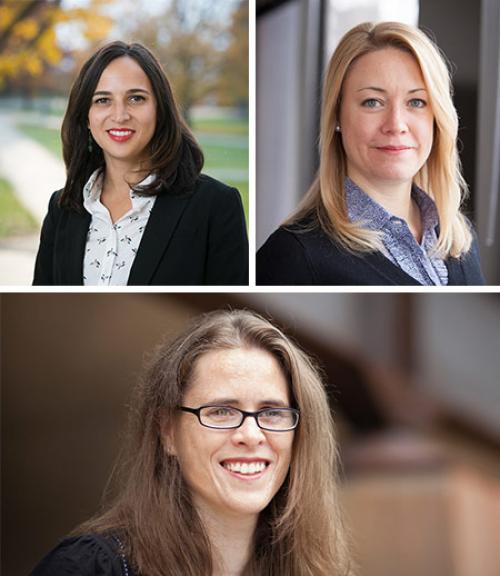
Erin York Cornwell has been awarded the 2019 Robert and Helen Appel Fellowship for Humanists and Social Scientists, and Ananda Cohen-Aponte and Khena Swallow have been awarded the 2019 Robert A. and Donna B. Paul Academic Advising Award. They were among the Arts & Sciences faculty honored at a May 25 trustee-faculty dinner recognizing university-wide teaching and advising.

Cheryl Finley, associate professor of history of art, has won the 2019 Mr. and Mrs. Raymond J. Horowitz Book Prize from the Bard Graduate Center for her book, “Committed to Memory: The Art of the Slave Ship Icon.”
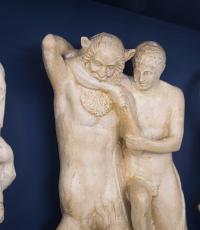
Looking at the two rows of miniature plaster casts now watching over diners in Klarman Hall’s Temple of Zeus, you’ll notice a few of the figures are missing. But never fear, art detective Annetta Alexandridis (also known as an associate professor of history of art and of classics) is on the case.
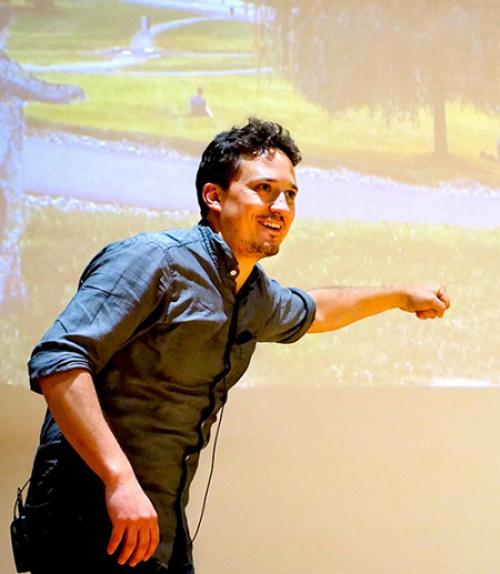
Travelers to Reunion were introduced to the origins and evolutions of travel photography by Andrew Moisey, assistant professor of the history of art and visual studies, in a June 6 talk, “Forever Your Journey: Capturing the Experience of Faraway Places, 1700-1900,” in Goldwin Smith Hall’s Hollis E. Cornell Auditorium.
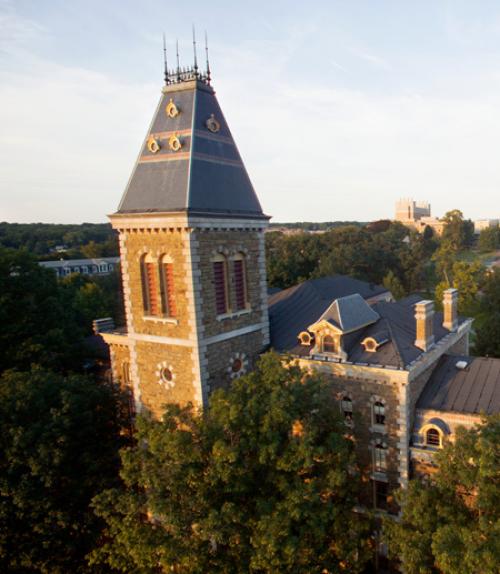
Two A&S professors — Jenny Mann, associate professor of English, and Jolene Rickard, associate professor of American studies and history of art and visual studies — were honored recently by the Graduate and Professional Student Assembly (GPSA) with Faculty Teaching, Advising and Mentorship awards. Michael Niemack, assistant professor of physics, received an honorable mention. Faculty members are nominated by current graduate students or alumni.
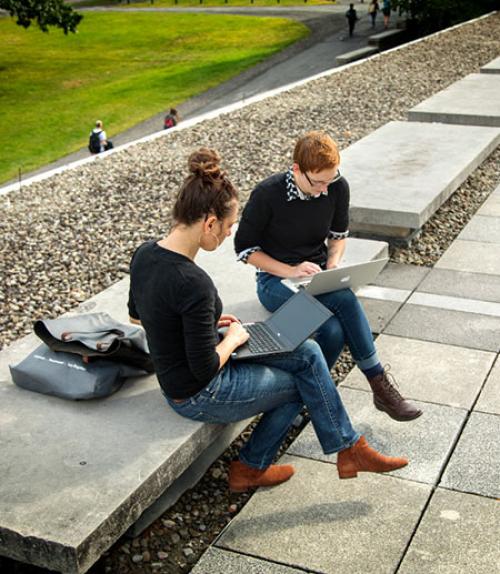
“We are recruiting the most promising emerging researchers from around the world."
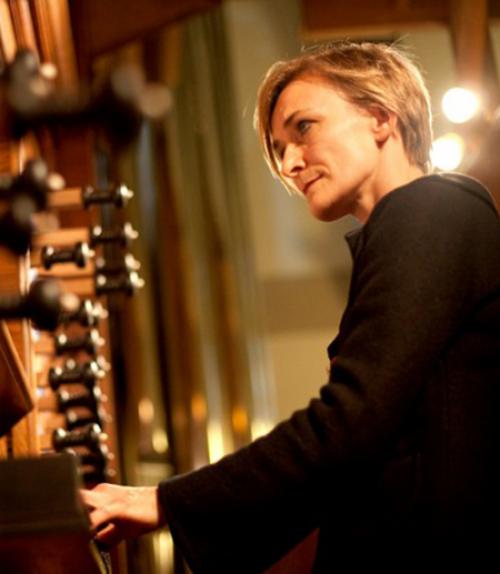
The Cornell Center for Historical Keyboards celebrated a new space for its instrument collection at 726 University Ave. with “New Meets Old: Collaborative Confrontations,” a festival Sept. 6-7, presented by the Department of Music in the College of Arts and Sciences.
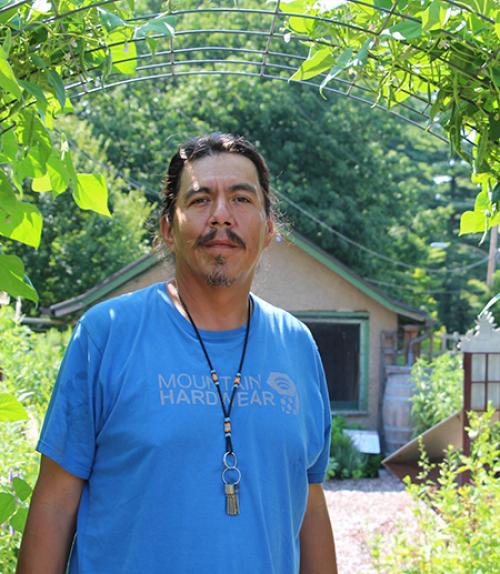
The launch of the class coincides with the United Nations Declaration of 2019 as the Year of Indigenous Languages.
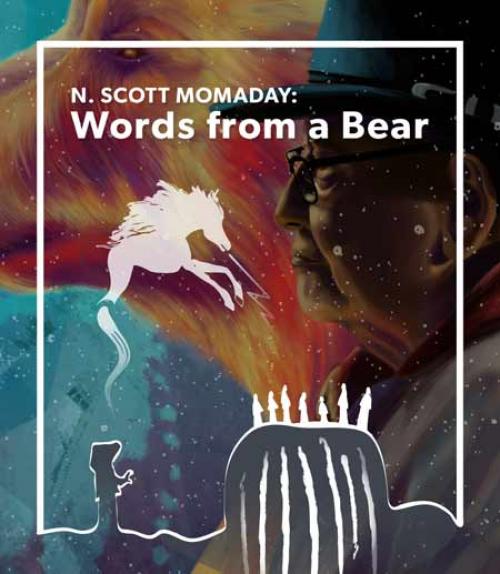
The second Arts Unplugged celebrates indigenous culture with talks, film, food and more. Thursday, Oct. 17 at 5 p.m. in the Schwartz Center for the Performing Arts.
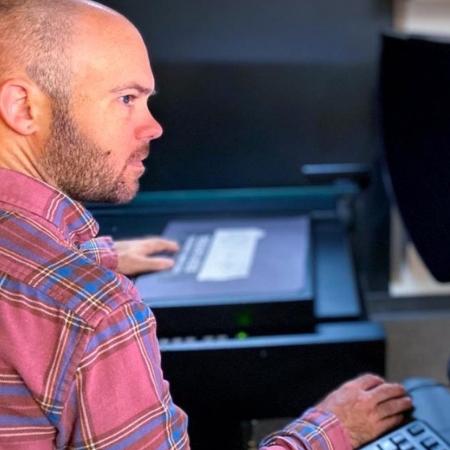
Cornell University Library’s Grants Program for Digital Collections in Arts and Sciences transforms fragile artifacts into lasting online collections for teaching and research. This year, the program has awarded funding to five projects representing a range of study, from unearthing a vanished hamlet in Enfield Falls, New York, to examining modern art in Indonesia.
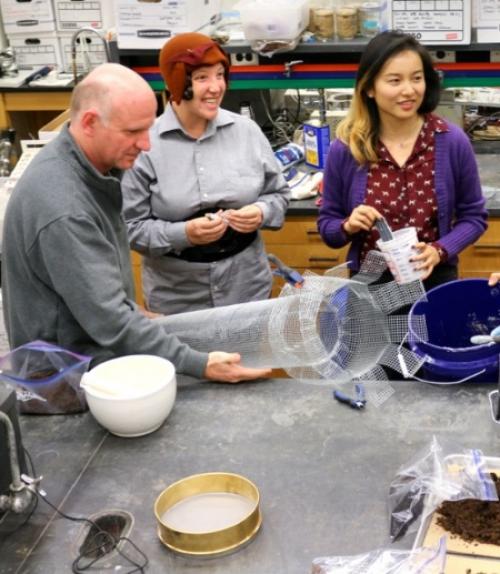
Lehmann and Klinck sounded out two other Cornell scientists – associate professor of entomology Kyle Wickings and assistant professor of civil and environmental engineering Greg McLaskey – to join in a project to listen to the Earth. Wickings is the principal investigator on “Sounds of Soil,” a project to develop inexpensive acoustic sensors to detect, monitor and study populations of soil-dwelling organisms – in particular, disruptive insects that feed on roots, affecting both plant and soil health. The project received a Venture Fund grant from the Cornell Atkinson Center for Sustainability in June 2018.

Scholars from Germany and the UK, as well as numerous U.S. universities, will visit campus Nov. 7-9 for the first media studies conference sponsored by CIVIC (Critical Inquiry into Values, Imagination and Culture), the provost’s Radical Collaboration initiative focused on the humanities and the arts.
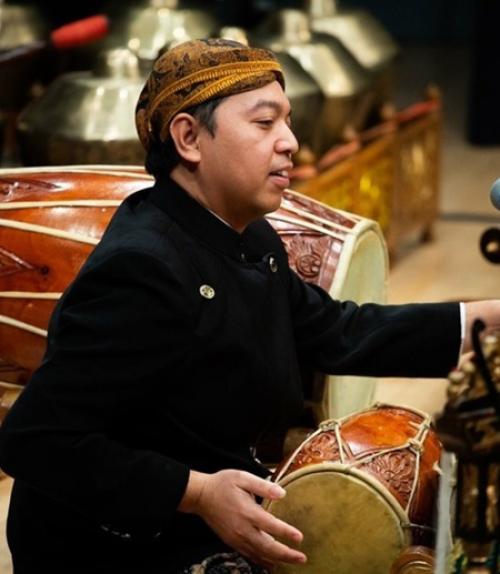
The Cornell Gamelan Ensemble presents two days of Indonesian performances at the Herbert F. Johnson Museum of Art with visiting guest artists from Java and Bali. On Thursday, Nov. 21 at 7 p.m., guest artists Gusti Sudarta (Indonesian Institute of the Arts, Denpasar) and Darsono Hadiraharjo (SEAP Visiting Critic) will perform excerpts of traditional wayang (shadow puppetry), providing audiences a rare opportunity to experience both Balinese and Javanese forms of this vital art form.
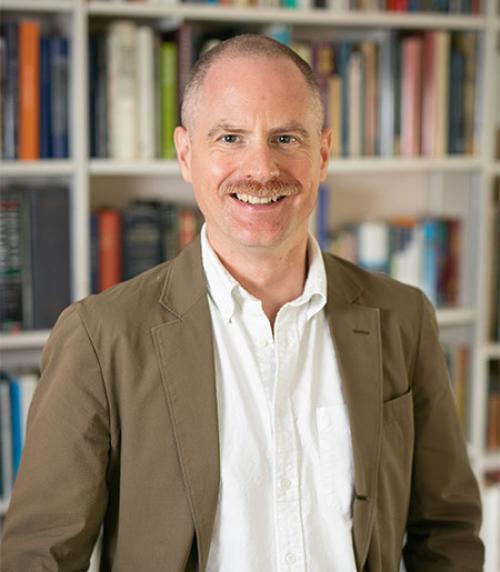
Benjamin Anderson's monograph “Cosmos and Community in Early Medieval Art” has been awarded the 2020 Karen Gould Prize in Art History from the Medieval Academy of America, an award given each year for a distinguished book in the field of medieval art history.